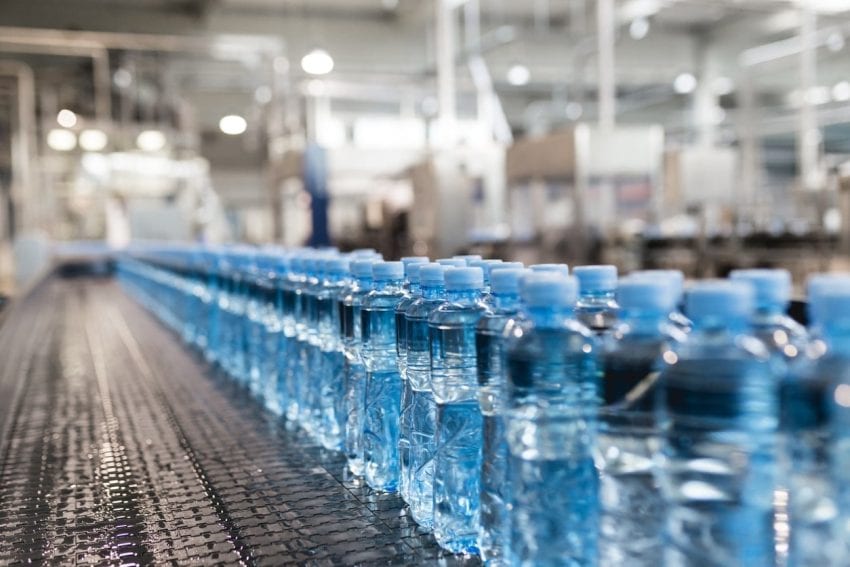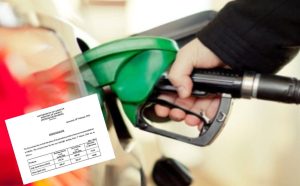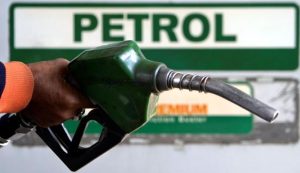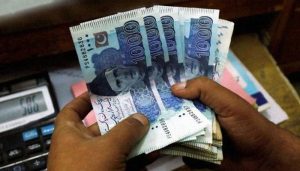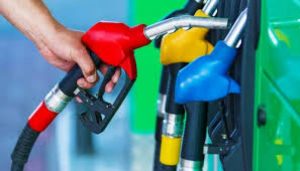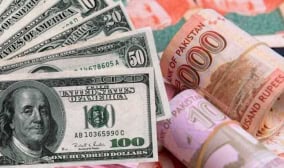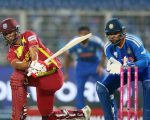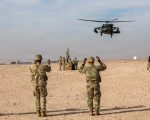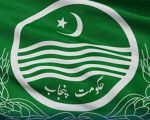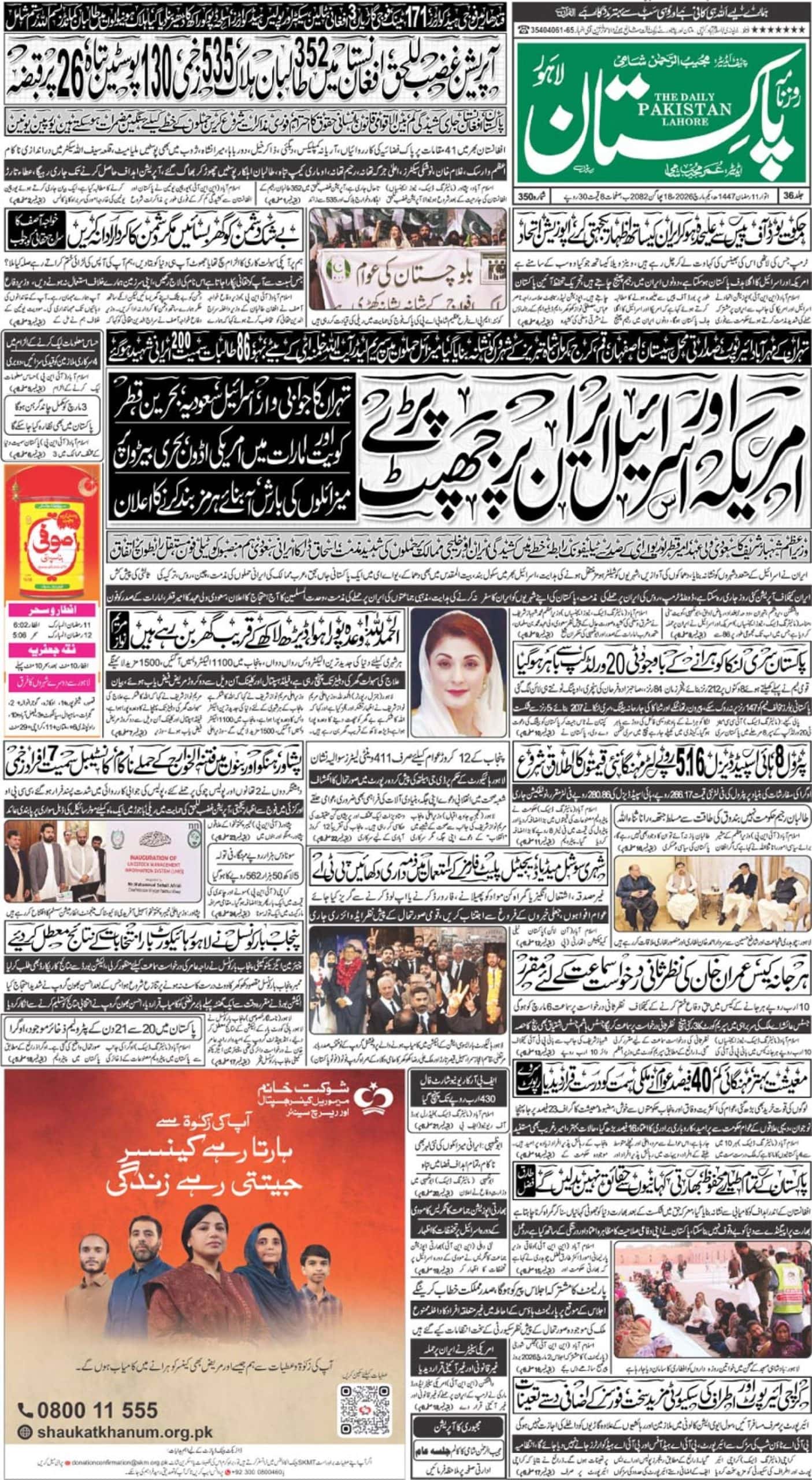In a country where drinking water should be as routine as breathing, more and more Pakistanis are having to think hard about every sip. For years, the tap has failed them — contaminated with bacteria, heavy metals, or simply unreliable in supply. Now, with increasing awareness and a growing middle class, bottled water is no longer just a convenience — it’s a necessity.
And behind this necessity is a fast-evolving ecosystem of water brands — some well-established, some just entering the market — all trying to meet the same urgent demand: safe, accessible, and affordable drinking water.
The Big Names: Setting the Standard
At the top of the bottled water hierarchy sits Nestlé Pure Life, the most recognizable name in Pakistan’s hydration economy. With its large-scale purification plants, routine testing, and national delivery network, Nestlé has earned consumer trust — especially in households that can afford the peace of mind. While expensive for many (Rs. 450–500 per 19-liter bottle), its reliability has made it a go-to for families, schools, and businesses alike.
Aquafina, backed by PepsiCo, offers a similar level of credibility, though it often appeals to younger, urban consumers with a preference for international brands. Both Nestlé and Aquafina have built their brands around quality assurance and consistency — two things the public water system sorely lacks.
Then there’s Culligan — not as visible in households, but a major player in institutional water safety. Their industrial-grade filtration systems are trusted in hospitals, multinational offices, and clinics, ensuring clean water where it matters most. Though not focused on direct-to-consumer sales, Culligan plays a vital role in keeping environments sterile and safe.
Names Serving Everyday Households
But for the millions of Pakistanis who live somewhere between the extremes — those who can’t afford Rs. 5,000/month on water, but still want something safer than a street-corner RO plant — mid-tier brands are stepping up.
Brands like Waterverse are filling a different kind of gap — for those who want safe, transparent, and affordable water, but also value sustainability and service.
Waterverse’s 10-step purification process, which includes ozonation to kill bacteria and viruses, along with re-mineralization to improve taste and nutrition, offers a quality-centric solution that doesn’t carry a luxury price tag. At Rs. 180 for an 18.9-liter bottle, it’s positioned for families who want better water without breaking their monthly budgets.
Similarly Pakola Water, a local player, has grown its presence across Karachi and parts of Punjab. Once better known for its neon green soda, Pakola’s water arm has slowly gained consumer trust, especially in neighborhoods where affordability matters just as much as purity. While it may not boast global certifications, Pakola Water’s pricing and improving filtration standards have made it a household staple for many working-class families.
A New Way to Think About Water
What we’re seeing across Pakistan isn’t just a rise in bottled water brands — it’s a shift in public behavior. Ten years ago, most families didn’t factor drinking water into their monthly budget. Now, it’s become as essential as gas or electricity.
Children take water bottles to school. Offices stock coolers. Grandparents ask if the water’s been filtered. It’s a quiet but powerful change — one being shaped in part by the brands that meet people where the system won’t.
Whether it’s Nestlé ensuring consistency, Aquafina targeting urban youth, Culligan protecting hospitals, Pakola supporting working-class neighborhoods, or Waterverse carving out a smart, sustainable niche — each is playing a role in shaping a more cautious, more conscious hydration culture.
More Than a Market
Of course, bottled water alone won’t solve Pakistan’s clean water crisis. The root issues — broken pipelines, lack of testing, poor urban planning — still demand public sector reform. But in the meantime, these brands are helping people take back a bit of control — one refill, one delivery, one bottle at a time.
Because at the end of the day, water isn’t a luxury. It’s a right. And until that right is honored by the system, it’s the brands behind the bottles that many Pakistanis will continue to rely on — not just for hydration, but for peace of mind.

